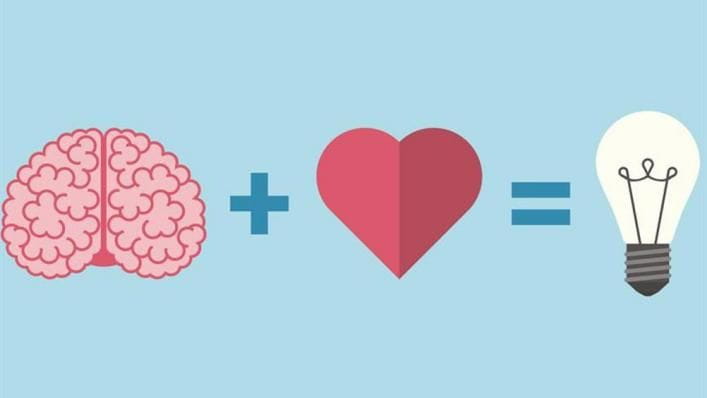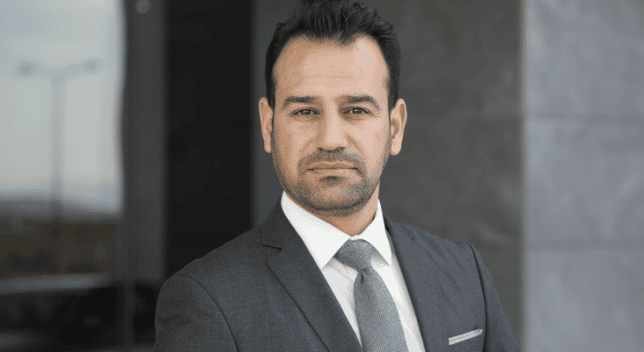Enhancing Learning Not Replacing Teachers
#QIU

In the field of Human Resource Development (HRD), there is a powerful but frequently neglected instrument that may shift organizational dynamics, develop abilities, and build an exceptional culture: Emotional Intelligence (EI). As we start on this path of discovery and progress, let us dive into the complexities of EI and uncover its significant implications for HRD practices.
Fundamentally, emotional intelligence is the capacity to identify, comprehend, and regulate our own feelings as well as those of others. It is fundamental to good interpersonal interactions, leadership abilities, and communication. The ability to collaborate and empathize is highly valued in today's dynamic and connected world, therefore emotional intelligence (EI) becomes a crucial skill for HR professionals to develop.
It is impossible to overestimate the importance of EI in HRD. Take the processes of hiring and choosing, for example. Although degrees and technical skills are certainly important, emotional intelligence is frequently what sets extraordinary applicants apart from only competent ones. HR specialists are able to identify candidates' potential for growth, adaptability, and resilience in the face of difficulties in addition to their competence through insightful observation and sympathetic listening.
EI acts as a foundation for initiatives aimed at retaining and engaging employees. Organizations can help their employees develop a feeling of purpose and belonging by creating a work atmosphere that values psychological safety, respect for one another, and open, effective communication. Employees are more likely to reach their full potential and spur creativity, productivity, and organizational success when they feel appreciated, understood, and supported.
On the other hand, when it comes to developing leadership, emotional intelligence (EI) is crucial. Effective leadership comes from having the capacity to uplift, encourage, and empower people beyond just having power. Genuineness, empathy, and a strong sense of the effects of how they speak and act on other people are characteristics of high emotional intelligence in leaders.
However, how can HR specialists develop and use emotional intelligence in their companies? The following are some practical tactics to think about:
Self-Awareness: Encourage introspection and self-reflection among staff members to help them have a better knowledge of their feelings, assets, and areas for improvement.
Empathy Training: Conduct seminars and training sessions aimed at improving the ability to listen with empathy, take different perspectives, and comprehend different points of view.
Conflict Resolution: Teaching the staff how to resolve conflicts amicably by stressing collaborative problem-solving, aggressive communication, and active listening.
Leadership Development: Incorporate coaching and EI assessments into programs that help aspiring leaders increase their capacity for influence, emotional fortitude, and forming relationships.
Cultural Transformation: Encourage the development of a climate in which people feel free to express their feelings, raise issues, and ask for help without worrying about criticism or retaliation.
In summary, the process of utilizing emotional intelligence in HRD is not only an endeavor to achieve organizational excellence; it also serves as evidence of our dedication to the overall satisfaction and well-being of the people who work with us. Incorporating emotional intelligence (EI) into all facets of HRD procedures and using it as a compass help to create a future in which human connection, empathy, and authenticity are valued above all else. Let's go out on this life-changing journey together to create a better, more emotionally intelligent future.

About Shaso Hemin
Shaso Hemin has over a decade of experience in the INGO sector, specializing in crisis management and helping those affected by ISIS. Currently a lecturer at Qaiwan International University, he holds two master’s degrees in management and an MBA from the University of Picardie Jules Verne, France.
References:
https://professional.dce.harvard.edu/blog/how-to-improve-your-emotional-intelligence/https://thinkpsych.com/blogs/posts/the-five-components-of-emotional-intelligence
QIU © All Rights Reserved | by QIU IT-Office | @ 2022 QIU University